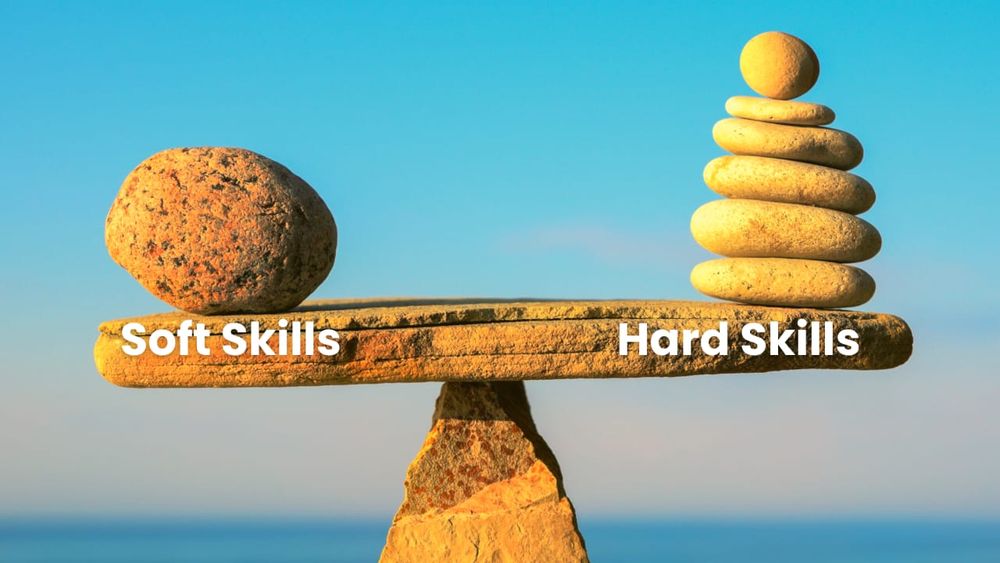In today’s fast-paced world, where education and technology intersect more than ever, parents and educators are continually seeking effective tools to enhance cognitive development in children. Educational games have emerged as a pivotal resource, offering a blend of fun and learning that can significantly impact a child’s mental growth and adaptation skills. Understanding how these games work, and which ones are best suited for fostering specific cognitive abilities, can empower parents to make informed choices for their children’s developmental journey.
The Role of Educational Games in Cognitive Development
Why Focus on Cognitive Development?
Cognitive development involves the progression of learning skills such as thinking, problem-solving, and understanding. It is crucial for success in school and everyday life. Educational games are designed to stimulate these skills through challenges that are both engaging and educational.
How Games Can Help
Games specifically targeted at cognitive development help enhance memory, attention, and problem-solving skills. They are constructed to provide just the right amount of challenge to keep children engaged without causing frustration. This balance is essential in maintaining motivation and interest in learning.
Selecting the Right Games
Age-Appropriate Selections
- Toddlers (1-3 years): Games should focus on simple problem-solving tasks, which can include basic puzzles that enhance spatial relations and cognitive flexibility.
- Preschoolers (3-5 years): Look for games that require sorting by shape and color, basic puzzles, and easy-to-follow storylines that challenge memory and sequencing.
- School-age children (6-12 years): Opt for more complex games involving strategy, critical thinking, and advanced problem-solving.
Types of Games That Promote Cognitive Development
- Memory Games. These enhance short-term and working memory, crucial for learning new information.
- Puzzle Games. They improve spatial awareness and problem-solving abilities.
- Word Games. Excellent for language development and vocabulary enhancement.
- Strategy Games. These help in developing critical thinking and planning skills.
Tips for Integrating Educational Games
Creating a Balanced Routine
While educational games are beneficial, they should not replace physical play, reading time, or creative play, which are also vital for a child’s development. Striking a balance is key to a well-rounded growth experience.
Engagement Over Screen Time
Choose games that require more mental engagement and less passive screen time. Games that encourage interaction and problem-solving are preferable over those that are merely visually stimulating.
Incorporating educational games into your child’s routine can be a powerful way to enhance cognitive development. By carefully selecting age-appropriate games that align with developmental goals, parents can not only boost their child’s cognitive skills but also instill a lifelong love for learning. As we navigate this digital age, let us use these tools wisely to build a foundation of knowledge and skills that children can carry into their futures.
By understanding and utilizing the potential of educational games, parents can provide their children with an enjoyable way to develop critical cognitive skills, paving the way for academic success and a well-rounded life.





